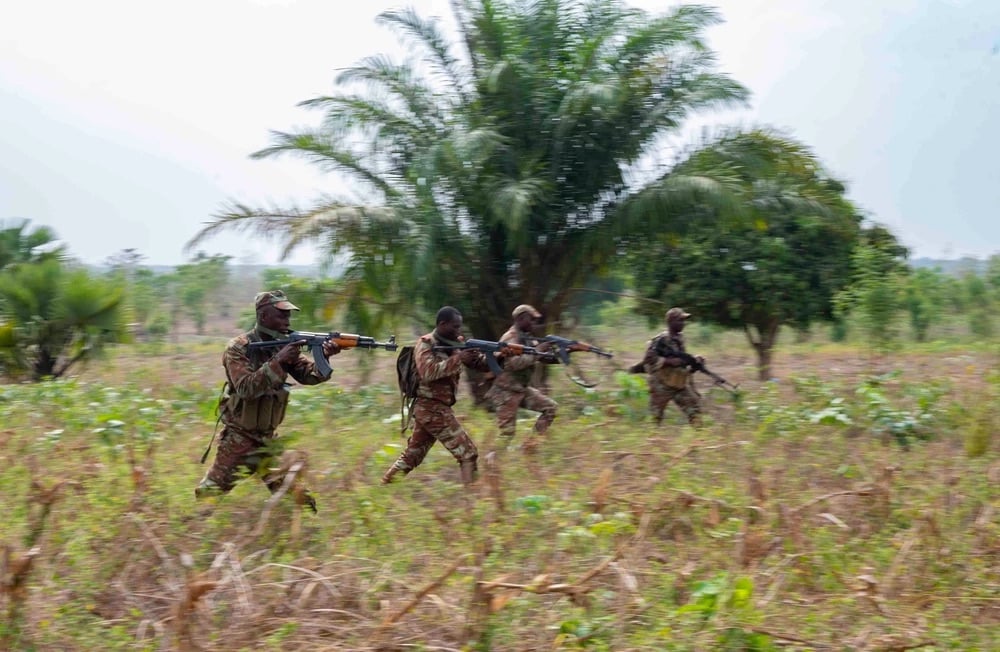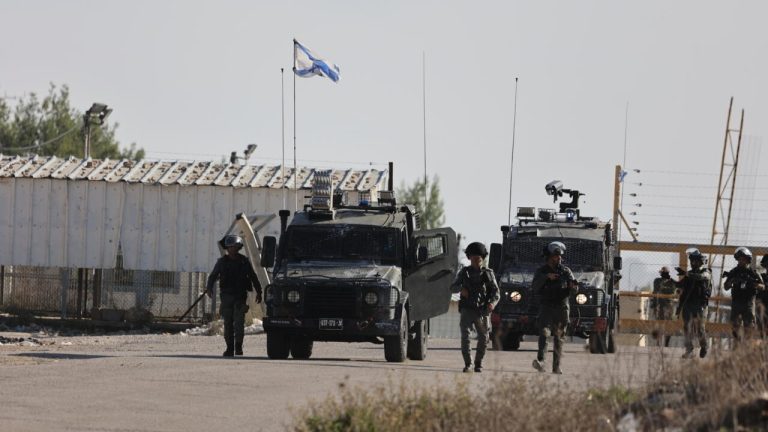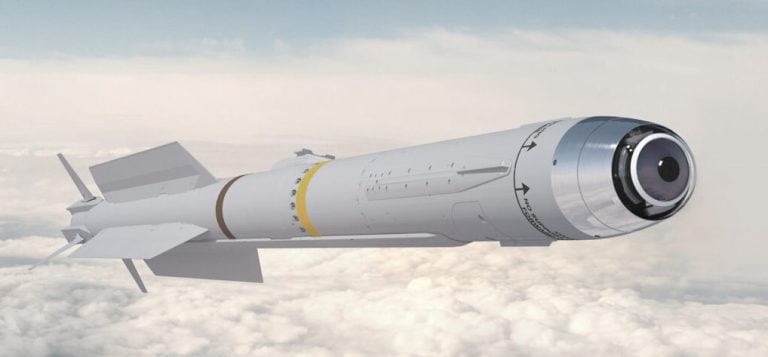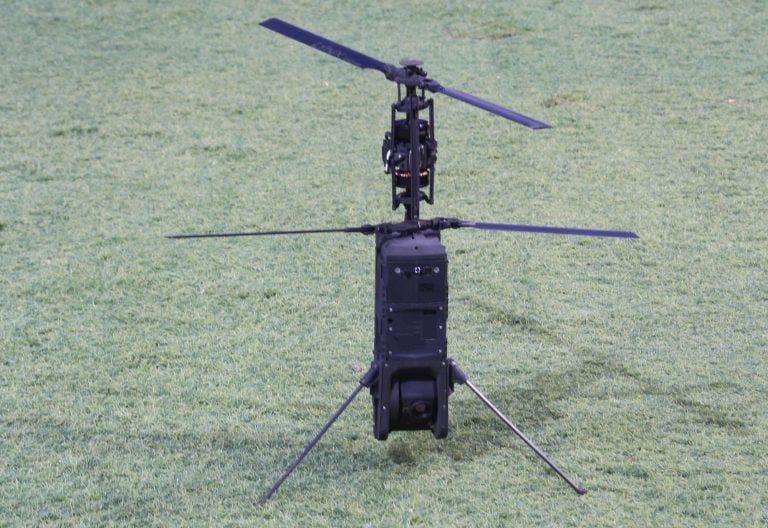In a troubling escalation of violence, suspected jihadist insurgents have killed eight soldiers in northern Benin, according to military sources. This region has witnessed a surge in deadly Islamist attacks in recent months, prompting concerns about security and stability in the area. The government has frequently attributed these assaults to Islamist militants who are believed to be extending their influence from neighboring Burkina Faso and Niger.
The latest assault occurred on Thursday, targeting two military outposts located in Benin’s W national park. As a result of the attack, eight soldiers lost their lives, and 13 others sustained injuries. In response to the conflict, military reports indicated that 11 insurgents were also killed during the skirmishes.
The operation was directed against the Mirador anti-jihadist initiative near Koudou Falls, which lies in close proximity to the borders with Niger and Burkina Faso. In light of the escalating threat, Benin had initially deployed nearly 3,000 soldiers to the Mirador operation in January 2022, with an additional 5,000 troops recruited to enhance security efforts in the northern regions.
Military sources confirmed that those who were injured have been evacuated to hospitals for treatment, and ongoing operations are underway to neutralize any remaining threats in the area. Although Benin’s economic capital, Cotonou, continues to attract international tourists, such violent incidents have increasingly plagued the impoverished northern part of the country.
Authorities attribute the rise in attacks to the spillover of jihadist activities from Burkina Faso and Niger, both of which have been embroiled in conflicts with militant groups linked to the Islamic State and Al-Qaeda for over a decade. The W national park, where the latest attack occurred, is situated at a critical juncture where the borders of Benin, Burkina Faso, and Niger converge, making it a hotspot for extremist activity.
Previously, in January, an assault in the same tri-border region claimed the lives of 28 Beninese soldiers and was executed by a group tied to Al-Qaeda known as the Group for the Support of Islam and Muslims (JNIM). Although the JNIM has not yet claimed responsibility for the Thursday assault, analysts from Wamaps, a coalition of West African journalists focusing on security issues, have suggested involvement from the JNIM’s Katibat Abou Hanifa faction.
Benin’s President Patrice Talon has expressed frustrations regarding the deteriorating diplomatic relations with Niger and Burkina Faso—both of which are currently governed by military regimes. These tensions have hindered joint efforts to combat rising jihadist threats. Since taking control through military coups, the leaders of Niger and Burkina Faso have distanced themselves from Western alliances and their regional bloc, ECOWAS, resulting in diminished intelligence sharing that complicates operations like Mirador.
Security experts, including Lassina Diarra from the International Academy for Combating Terrorism based in Ivory Coast, have noted that the lack of collaboration hampers the effectiveness of Benin’s resistance efforts against the growing insurgency.







